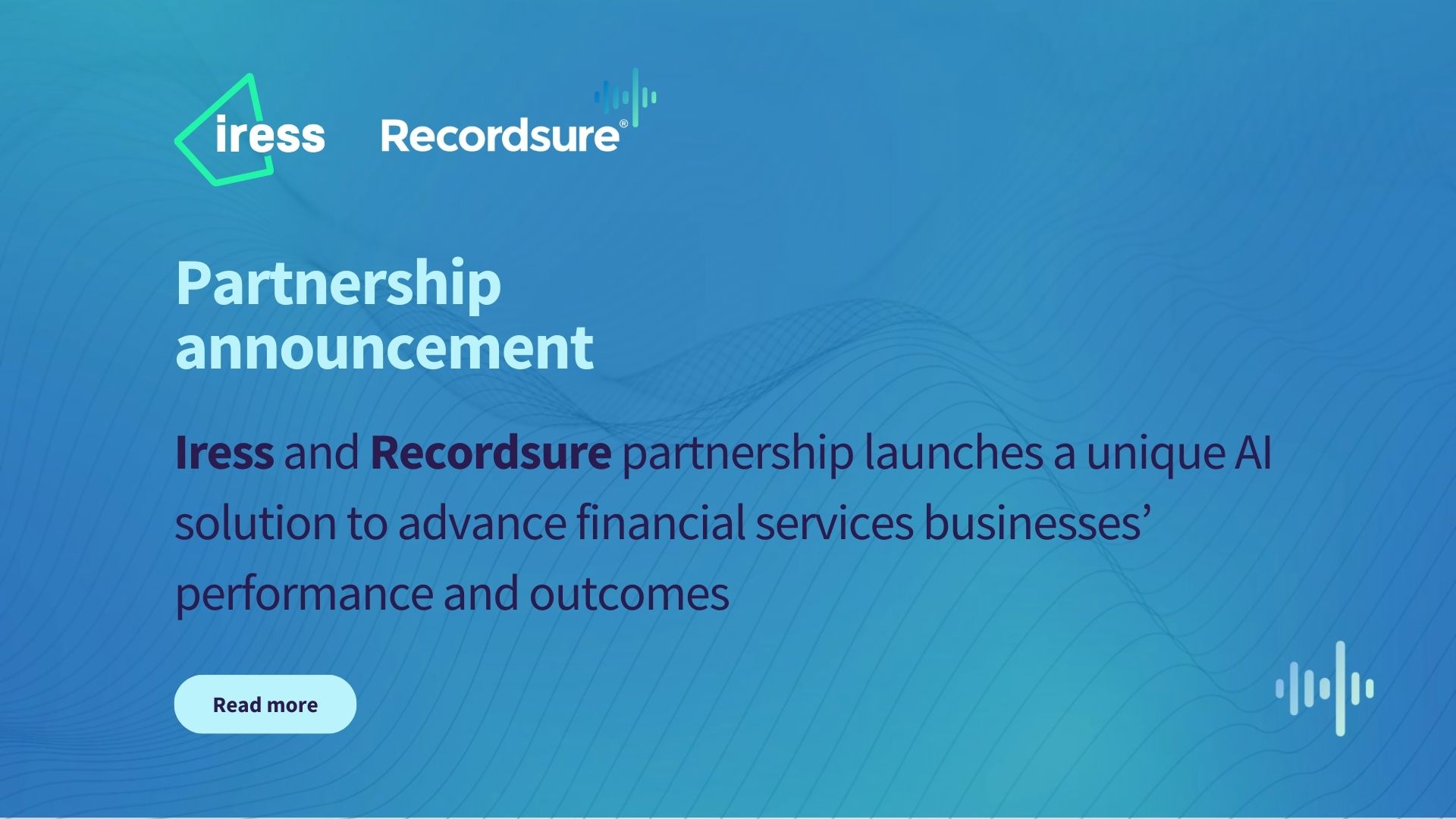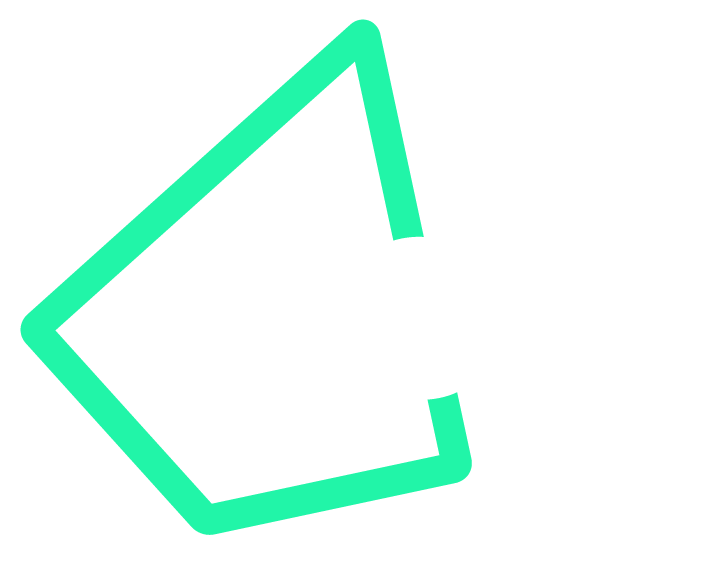At the beginning of the first lockdown, many financial services firms experienced a spike in calls as many clients were looking for reassurance in the uncertain times. However, after this initial rise, many wealth management and financial services firms have experienced major drops in business. Some firms are experiencing a drop in demand with companies noting a 60% drop in new business on their Q2 forecasts, which is not surprising since the FTSE 100 closed 7.7% lower on the 9th March compared to the previous year.
Whilst many predict the sector will recuperate from this drop, it will not be a quick recovery. During this period, firms need to seek alternative ways to reduce their costs whilst proving they can quickly and seamlessly move with rapidly evolving technology demands. And successful firms will need to find a way to do so without detracting from the overall client experience.
In an industry that has tended to pride itself on client loyalty, the test now will be how clients perceive the firm’s loyalty to them. Where once it was possible for an adviser to meet the client wherever they preferred, it will be interesting to see how far that service level can stretch as critical technology choices are made that define the client experience in a way that is less easily tailored to each individual client.
Identify to innovate
To begin, firms need to establish which of their activities are the least efficient. Revenue in wealth management has long been tied to how much time an adviser spends with clients. According to research, only 26 hours a week is spent directly on client activity, the rest of the time is divided between activities such as business development, professional development and administration.
Of course, many of these are essential to the role. Since the financial crisis of 2008 however, many wealth management firms have steadily decreased support staff ratios, with varying degrees of success in implementing technology platforms that aimed to automate and simplify the write up of financial advice. Many financial firms may be unaware as to just how much time continues to be lost in administration, with some research stating an average of 24 hours each week per adviser or paraplanner.
Firms are now embracing a more digital approach but understanding where improvements can be made is often difficult and involves a long research process to develop a business case. There are interactive tools available, such as our time saving calculator, help determine how many hours are being lost, based on a firm’s specific structure. This allows firms to visualise areas where enhancements can be made and understanding where automation can do the heavy lifting. It also provides data that can be used when calculating a ROI or developing a business case.
Adapting practices
Some firms have begun to provide tools and systems for clients to share documentation with the adviser ahead of the meeting, as a more secure alternative to email and in an effort to speed up meeting times. Others are providing tools that guide clients through the advice process itself, eliminating the need for a fact-finding meeting at all and getting to a faster recommendation.
Certainly, such tools can provide clients with a more streamlined experience, but so much of wealth management has often been the craft of the adviser to draw out the more nuanced needs and objectives of the client. Are new business opportunities being lost by replacing the adviser with more scripted tools?
And at what cost to the client experience? Retail banking has long since disintermediated the banker from the relationship, commoditising its services to the point where price has become the primary driver of choice for customers. With less demand for face-to-face meetings, might it be that wealth management is now beginning to see an acceleration of a trend that many have feared has been coming for some time?
And is this really where the inefficiencies of giving financial advice are? Post-meeting administration can consist of manually transcribing client conversations, creating post-meeting summaries, developing recommendation documentation and filling in product application forms. These activities do not necessarily disappear just because the client can provide more of the details themselves.
The right tool for the job
Sophisticated automation can remove or drastically reduce the time spent on post-meeting activities, leaving more time to be dedicated to direct client activity. For example, speech recognition software, such as our Capture solution, not only removes the need for writing up meeting notes, but also the need to manually take notes in the meeting at all. This allows for a more natural conversation to take place which, when combined with the increasing requirement to hold meetings over video conferencing tools like Teams or Zoom, allows the adviser to be more present in the meeting.
These tools highlight key facts from client meetings such as personal details, assets, income or even needs and objectives. This data is available to both the adviser and paraplanners alike, making post-meeting administration a much more efficient process. This more accurate view of client data means no detail is missed and less time is lost referring back to handwritten notes, or the clients themselves, for clarification.
One of the challenges with recording meetings that take place over Zoom, Teams and Skype is that the method of recording and analysing the conversation is often tied into the call platform itself. These tools are good for general conversations but as a reliable method of creating an audit trail for a highly regulated business? Here they are often found wanting. Relying on the platform itself to provide such tools also limits the adviser’s flexibility, requiring the client to adopt whatever the adviser is allowed to use. Hardly a digital replication of the traditional face-to-face model where the adviser is free to go wherever the client is wants to meet.
Many of these tools have existed for some time however, it is with the emergence of focused FinTech and RegTech businesses over the past five years or so that these tools have started to become highly tailored to the financial services sector. These technology solutions are designed to integrate with firms’ existing processes and practises, tuned specifically to accurately reflect and capture the nuanced products and services being offered to clients. An ecosystem of tools and solutions is evolving to meet the demands of the wealth management industry; understanding and choosing the right mix of solutions is critical to ensuring that efficiency gains are realised without putting the client experience at risk.
In an already competitive market, this pandemic has only increased pressure for firms to become more efficient and ensure they offer a service that outpaces their competitors. The importance of client experience in this environment cannot be underestimated. As digital tools become ever more prevalent in the advice process, it will be those firms that weave such technology into a cohesive, engaging and holistic set of interactions that enhance the human touchpoints in the process that will ultimately win the day.
If you would like to find out more about our digital tools, get in touch.






